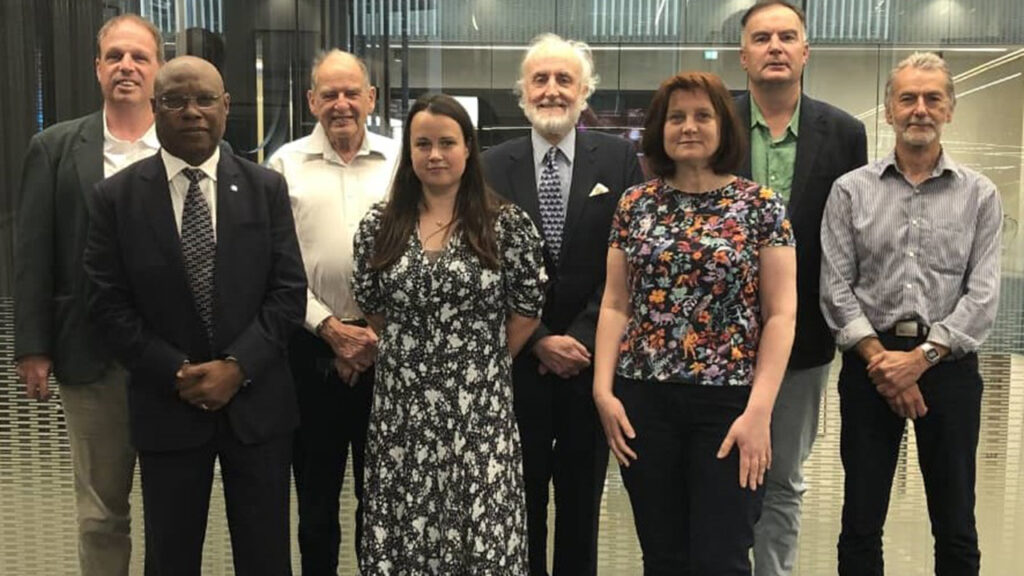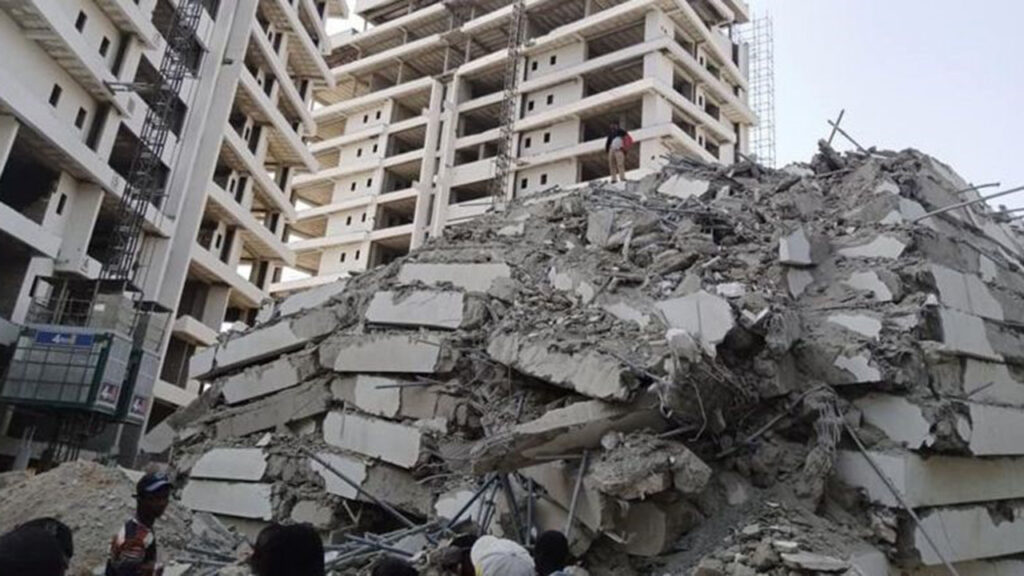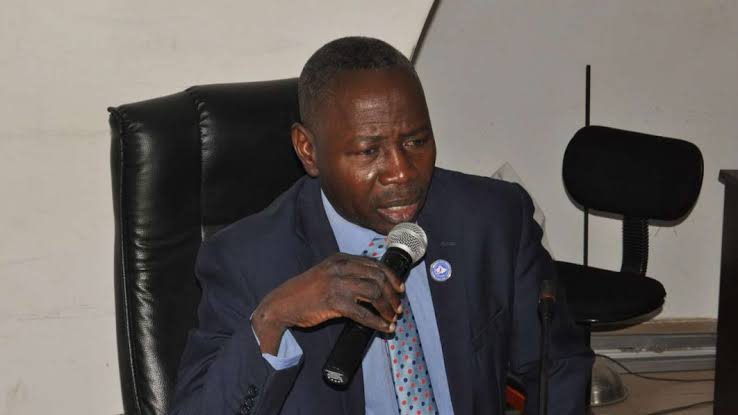The Nigerian Institute of Town Planners (NITP) has raised the alarm that rapid population growth in cities is leading to urban sprawl.The organisation also observed that inadequate resources, lack of skilled personnel, and poor coordination among planning authorities have caused significant gaps between physical planning and plan implementation.
The NITP President, Nathaniel Atebije, who raised the alarm at the institute’s quarterly press conference held in Abuja, themed: “What Shall We Say: Pains or Gains of Democracy?, said actions of some state governors in terms of physical planning and urban development have been a misguided attempt to plan cities and human communities.
“Taking charge of what they are untrained to do, and putting unqualified personnel to supervise the planning of human settlements keeps exposing our villages, towns and city systems to ridicule and chaos.
“This is an unjustifiable and unbearable pain imposed on Nigerians by the leadership because the order, organisation and health of our settlements (through physical planning) should be the first non-negotiable debt we owe the citizenry,” he stated.
He also argued that where there has been relative compliance with global best practices in the preparation of various hierarchies of physical development plans, it has been a far cry in terms of implementation.
He added: “Painfully, the success of budgets is not measured in project implementation but in the percentage of appropriated funds expended. This is the tap root of corruption, mismanagement and misappropriation of public funds.
“There is an urgent need to change the approach to physical planning and development implementation strategy to ensure that settlements are developed as planned, and projects are implemented accordingly for Nigerian citizens to enjoy the gains of democracy. In doing this, the challenge of lack of security to land tenure should be dealt with to remove encumbrances in property investment and construction industry.”
While recognising some seeming gains accruing from policy decisions such as the removal of fuel subsidy, which he said makes more funds available for infrastructure development, Atebije acknowledged the pains unleashed by the rising costs of common commodities, particularly food items owing to the inevitable hike in transportation costs and other services needed for peaceful living.
According to him, even though some road and rail projects have been embarked upon to improve transportation networks, it is not yet Uhuru, saying, “This is why we are inclined to ask, ‘What shall we say: Gains or pains of democracy?’”
He applauded the efforts in Lagos and the Federal Capital Territory (FCT) in improving road and mass transportation for easier vehicular transport and commuting in cities.
“States are making efforts to enhance power generation and distribution by engaging in partnerships with the private sector, which promise to deliver a boost in economic development and deal positively with the issue of poverty occasioned by lack of energy,” he said.












